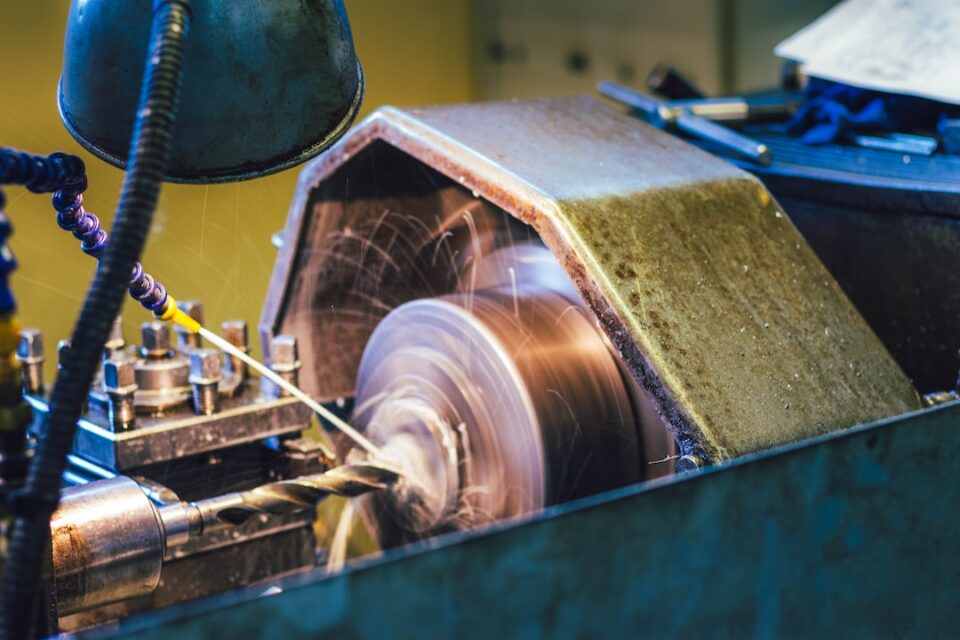Mass customization is a concept that highlights the synergy between mass production and customization in the manufacturing industry. It refers to the ability of companies to provide personalized products and services to individual customers while utilizing the benefits of mass production techniques. This concept has gained significant attention in recent years as companies strive to meet the changing demands of consumers who seek unique and personalized products.
Traditionally, companies relied solely on mass production methods to meet the needs of a large market. This approach focused on developing standardized products in large quantities to achieve economies of scale and reduce costs. Although this strategy worked well for a long time, it resulted in a lack of product differentiation and limited choices for customers.
However, with advancements in technology and increased customer expectations, the manufacturing industry is now embracing mass customization as a means to enhance customer satisfaction and gain a competitive edge. Mass customization allows companies to offer tailored products that cater to the unique preferences and requirements of individual customers, while still benefiting from the efficiencies of mass production.
One of the key drivers of mass customization is the availability of advanced technology and automation systems. These technologies have revolutionized the manufacturing industry by allowing for flexibility and efficiency in production processes. Computer-aided design (CAD) software enables companies to design and produce customized products quickly and accurately. Moreover, advancements in robotics and automation have made it possible for manufacturers to produce customized products at a lower cost while maintaining high quality standards.
Another factor contributing to the growth of mass customization is the shift towards customer-centric business models. Companies are recognizing the importance of understanding their customers’ needs and preferences to deliver customized products and services. By leveraging customer data and analytics, companies can gain valuable insights into individual customer preferences, which can then be used to develop personalized products that meet their specific requirements.
Mass customization offers several benefits to both manufacturers and customers. For manufacturers, it allows for improved operational efficiency and cost reduction. By producing customized products in a mass production environment, companies can minimize wastage and optimize their resources. Additionally, mass customization enables manufacturers to differentiate themselves from competitors and build strong customer loyalty by delivering unique products that address individual needs.
Customers, on the other hand, benefit from the ability to obtain products that are tailored to their exact specifications. This not only enhances their overall satisfaction but also gives them a sense of ownership and involvement in the design and production process. Additionally, mass customization gives customers a wider range of choices and the freedom to personalize their products, thereby meeting their unique tastes and preferences.
In conclusion, mass customization represents a paradigm shift in the manufacturing industry. It combines the benefits of mass production and customization to create tailored products that meet individual customer requirements. With advancements in technology and a customer-centric approach, companies can now offer personalized products that not only enhance customer satisfaction but also drive business growth. As the manufacturing industry continues to evolve, mass customization will undoubtedly play a pivotal role in shaping the future of manufacturing.

